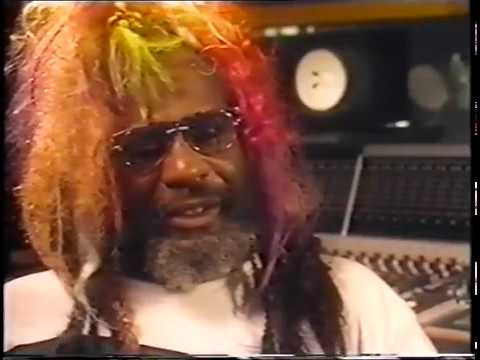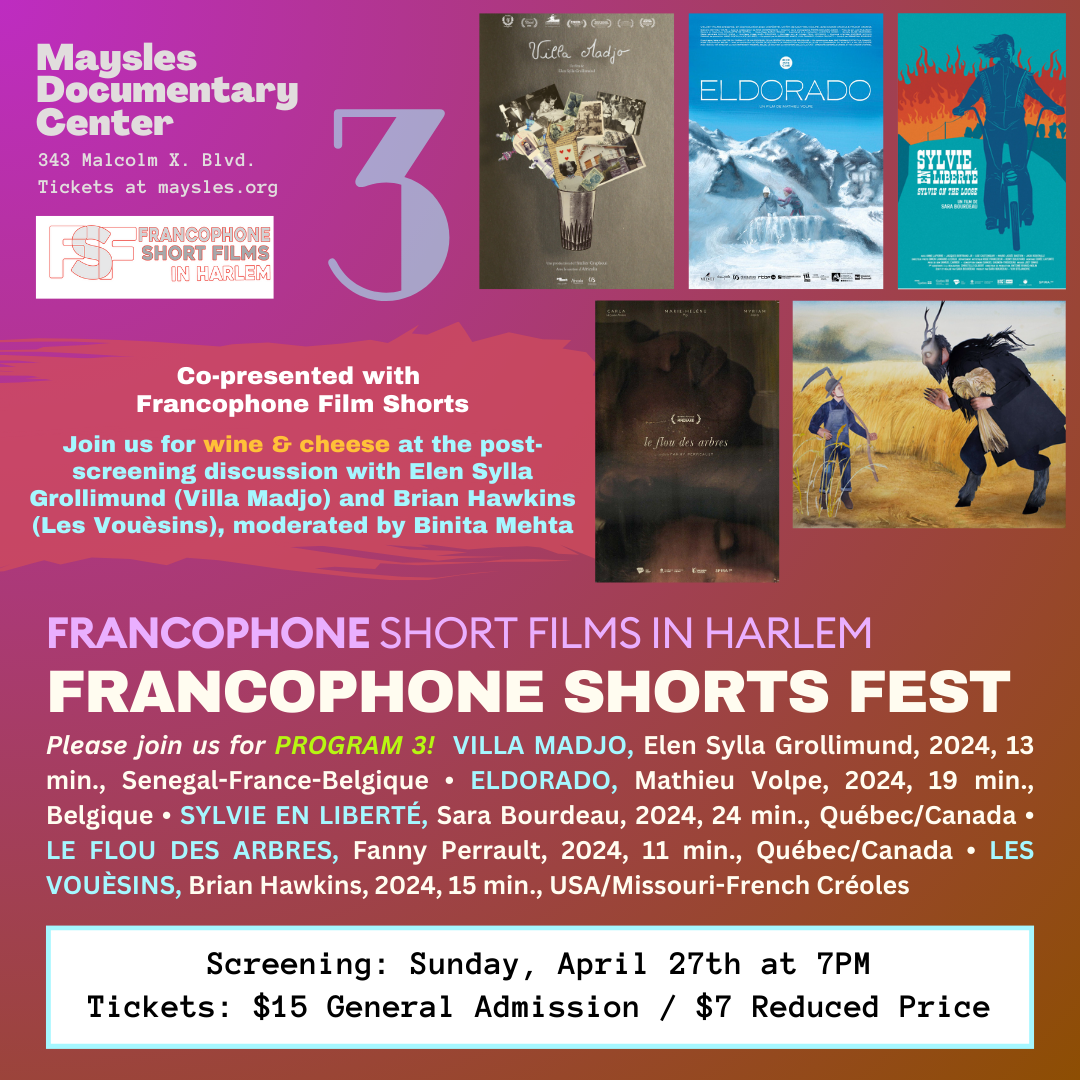Interweaving archival materials, compelling interviews and dramatic reenactments, Seven Songs for Malcolm X (1993; 52 min) and The Last Angel of History (1996; 45 min) are two genre redefining films by the influential Black Film Audio Collective--a group of seven Black British filmmakers and multimedia artists, including auteur, John Akomfrah, interested in post-colonial investigations of black culture and identity.
Seven Songs for Malcolm X
John Akomfrah and the Black Audio Film Collective, 1993, 52 min
The life and legacy of the electrifying civil rights leader are portrayed in this mesmerizing film, which intertwines documentary footage, tableaux-like reenactments, and interviews with his widow Betty Shabazz, Spike Lee, and others. Akomfrah’s multi-layered essay film is a hypnotic and emotionally rich consideration of its iconic subject’s struggles, ideological breakthroughs, and enduring place in cultural mythology.
“What makes Seven Songs so provocative is that Akomfrah shows respect for many different interpretations of Malcolm, suggesting that this revolutionary figure belongs to everybody.”
—The Chicago Reader
The Last Angel of History
John Akomfrah and the Black Audio Film Collective , 1996, 45 min
This cinematic essay posits science fiction (with tropes such as alien abduction, estrangement, and genetic engineering) as a metaphor for the Pan-African experience of forced displacement, cultural alienation, and otherness. Akomfrah's analysis is rooted in an exploration of the cultural works of Pan-African artists, such as funkmaster George Clinton and his Mothership Connection, Sun Ra's use of extraterrestrial iconography, and the very explicit connection drawn between these issues in the writings of black science fiction authors Samuel R. Delaney and Octavia Butler. Included are interviews with black cultural figures who discuss the importance of George Clinton to their own music, to George Clinton himself. Star Trek actress Nichelle Nichols tells of her campaign for a greater role for African-Americans in NASA. Novelist Ismael Reed and cultural critics Greg Tate and Kodwo Eshun tease out the parallels between black life and science fiction, while Delaney and Butler discuss the motivations behind their choice of the genre to express ideas about the black experience.
Conversation with Blake Myers, a NYC based artist whose work spans the disciplines of sculpture, installation, and photography, to follow screening.
Between 1982 and 1998, the Black Audio Film Collective—a pioneering group of seven British artists and thinkers—produced an extraordinary body of poetic, allusive, and intensely personal films, videos, and “slide-tape texts” that chronicled England’s multicultural past and present and pushed the boundaries of the documentary form.
This Studio Screen event is the second installment of the annual Studio Museum partnership with Maysles Cinema. Now in its second year, this collaborative film series highlights how film and contemporary art practices intersect and address the on- and off-screen legacies of under-represented cultural producers. This year's selection of films explores the boundary between documentary and narrative filmmaking, and is thematically inspired by The Studio Museum in Harlem's exhibition, Fictions—a survey of recent work by nineteen emerging artists working to imagine and reimagine history and identity through visual practice.

















